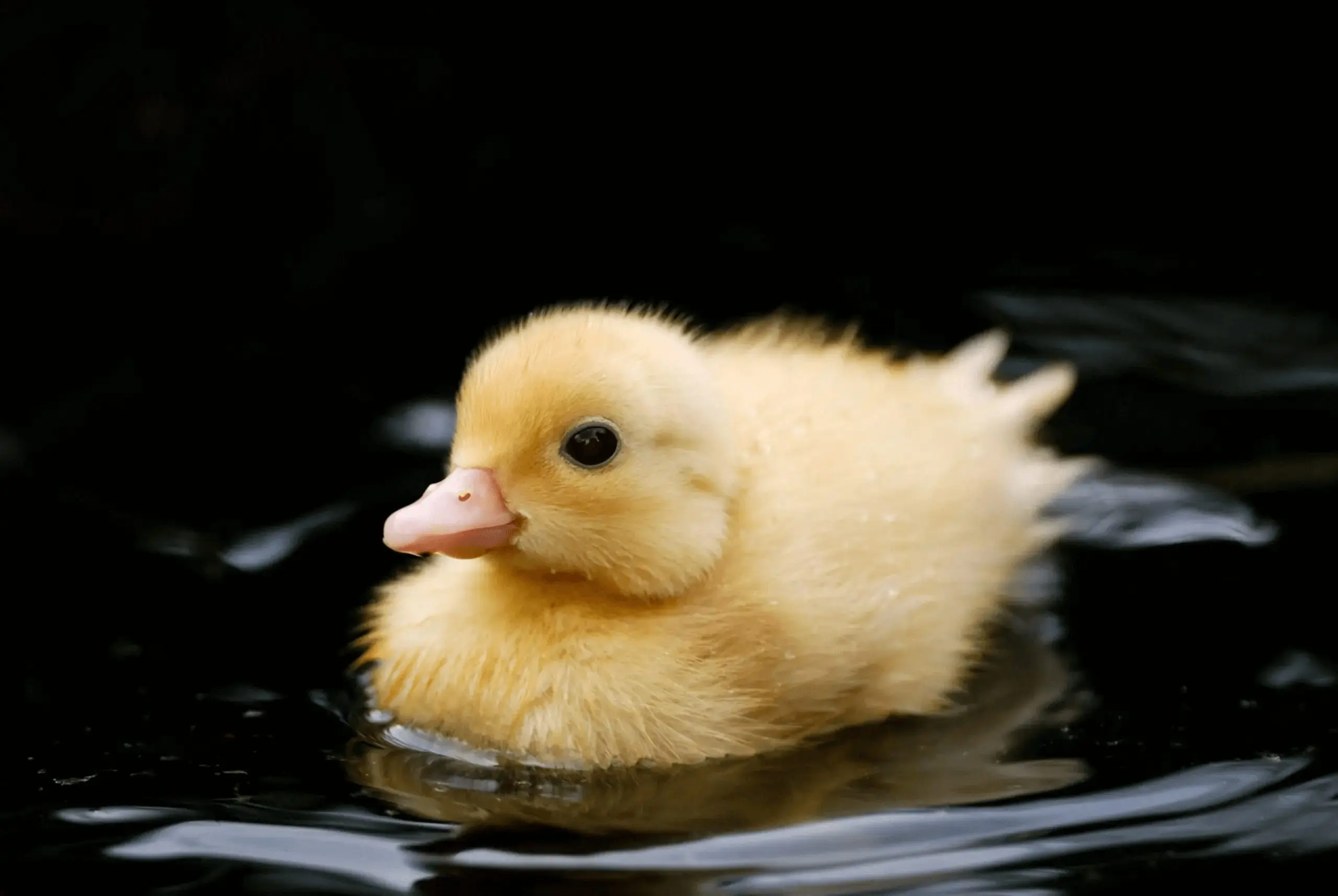
Caring for a Baby Duck: A Comprehensive Guide
Introduction
Baby ducks, also known as ducklings, are adorable and captivating creatures that bring joy to many. However, caring for a baby duck requires specialized knowledge and dedication. This comprehensive guide will provide you with all the essential information you need to ensure the well-being and proper development of your feathered friend.
Bringing Home a Baby Duck
- Obtain from a Reputable Source: Acquire ducklings from a licensed breeder or rescue organization to ensure their health and proper socialization.
- Prepare a Safe Environment: Create a secure and comfortable enclosure for the duckling, such as a brooder box or a small pen. Line the enclosure with soft bedding, such as shredded paper or towels.
- Provide Heat: Baby ducks require a warm environment, especially during their first few weeks of life. Use a heat lamp or a heating pad to maintain a temperature of 90-95°F (32-35°C). Gradually reduce the temperature as the duckling grows.
Feeding and Nutrition
- Starter Feed: Feed ducklings a commercial starter feed specifically formulated for their nutritional needs. This feed should be available at all times.
- Water: Provide fresh, clean water in a shallow dish. Ensure the duckling can easily access the water without drowning.
- Supplemental Feeding: Offer ducklings additional treats, such as chopped greens, mealworms, or cooked egg yolk. These treats should not exceed 10% of their daily diet.
Hygiene and Health
- Bathing: Ducklings do not require frequent bathing. However, if necessary, use lukewarm water and a mild soap. Rinse thoroughly and dry the duckling with a soft towel.
- Cleaning the Enclosure: Keep the enclosure clean and free of waste. Remove soiled bedding and disinfect the enclosure regularly.
- Health Monitoring: Observe the duckling for any signs of illness, such as lethargy, discharge from the eyes or nose, or difficulty breathing. Contact a veterinarian immediately if you suspect any health issues.
Socialization and Enrichment
- Companionship: Ducklings are social creatures and thrive in the company of other ducks. If possible, introduce them to other ducklings or adult ducks to promote their well-being.
- Toys and Activities: Provide ducklings with toys and activities to stimulate their minds and prevent boredom. Toys can include floating balls, mirrors, or interactive puzzles.
- Outdoor Time: As the duckling grows, gradually introduce it to the outdoors in a safe and supervised environment. Provide access to a pond or a shallow pool for swimming and foraging.
Transitioning to Adulthood
- Feather Development: Ducklings will gradually develop their adult feathers within a few months. During this time, they may lose some of their downy feathers.
- Diet Change: As ducklings mature, transition them to a diet of adult duck feed. This feed will provide the nutrients they need for growth and egg production.
- Waterfowl Habitat: Provide adult ducks with a suitable habitat that includes access to water, shelter, and foraging areas. Ensure the habitat is safe from predators and other hazards.
Common Health Issues
- Duck Virus Enteritis (DVE): A highly contagious viral infection that can be fatal to ducklings. Symptoms include diarrhea, lethargy, and loss of appetite.
- Aspergillosis: A fungal infection that can affect the respiratory system. Symptoms include coughing, sneezing, and difficulty breathing.
- Botulism: A bacterial infection caused by ingesting contaminated food or water. Symptoms include weakness, paralysis, and difficulty breathing.
Prevention and Treatment
- Vaccinations: Vaccinate ducklings against common diseases, such as DVE and aspergillosis.
- Hygiene: Maintain a clean and sanitary environment to prevent the spread of infections.
- Proper Nutrition: Ensure ducklings receive a balanced diet to support their immune system.
- Veterinary Care: Seek veterinary attention promptly if you suspect any health issues.
Conclusion
Caring for a baby duck is a rewarding experience that requires dedication and specialized knowledge. By following the guidelines outlined in this comprehensive guide, you can provide your feathered friend with the optimal environment, nutrition, and care it needs to thrive and flourish. Remember to prioritize the duckling’s well-being, seek veterinary assistance when necessary, and enjoy the companionship of this adorable and fascinating creature.
